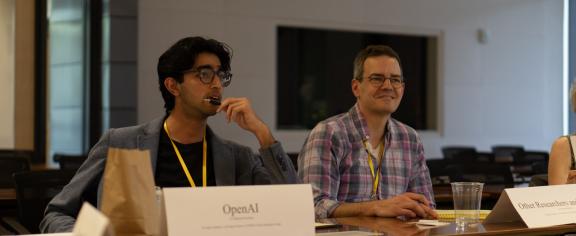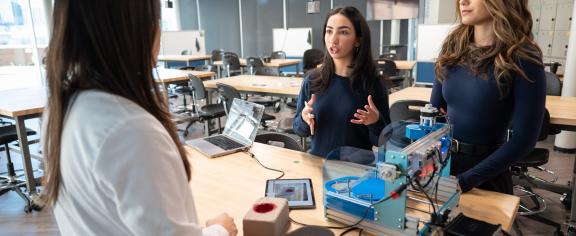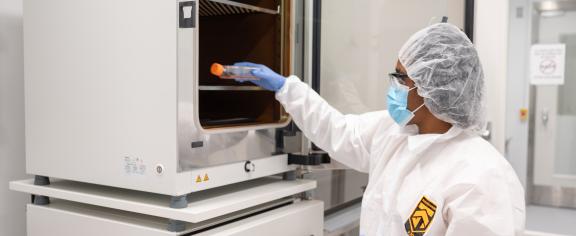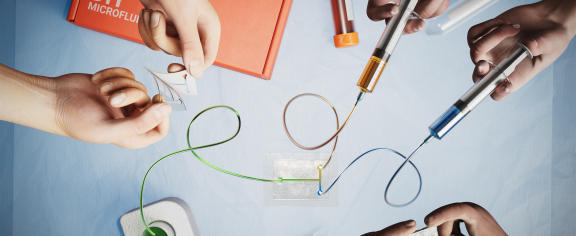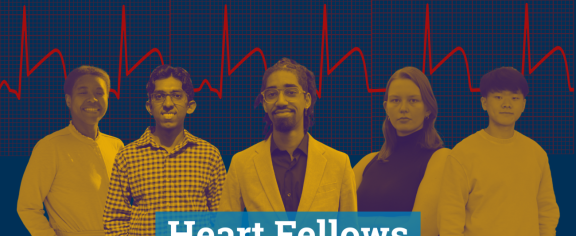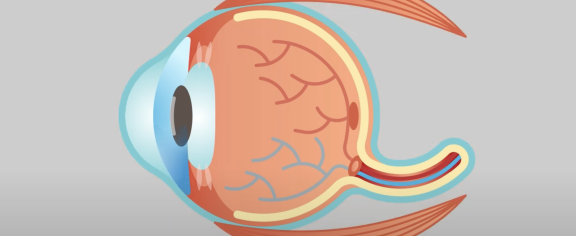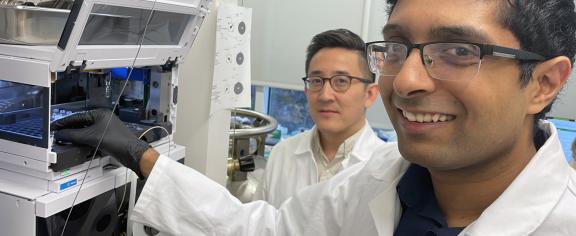2025-04-07
Researchers explore national security risks posed by advanced AI through a high-stakes strategic exercise.
2025-04-01
The device, created by Georgia Tech students, uses AI to make chronic wound dressings 30% more efficient, which could save time and money.
2025-03-26
A significant grant from the Marcus Foundation will support the Institute's research into making cell therapies more affordable.
2025-03-18
David Myers' hands-on microfluidics course lets students build sticker-based devices, enhancing understanding of miniaturization science through active learning.
2025-03-18
Launched in 2023, CBT@EmTech trains future cardiovascular research leaders through interdisciplinary study, clinical exposure, and impactful research.
2025-03-04
The baby-friendly device measures electrolyte levels in real time, eliminating the need for repeated, painful blood draws.
2025-02-24
Newly discovered antibodies break down the protein that causes glaucoma.
2025-02-20
The fires enabled the first real-time data on airborne lead, thanks to a pioneering air quality measurement network.
2025-01-13
BME researchers combine precision and simplicity in cell-free biosensors, transforming diagnostic tools.
2024-12-21
Researchers develop nanoparticle that can program stem cells while inside the body, avoiding the need for chemotherapy and bone marrow extraction in stem cell treatments.
